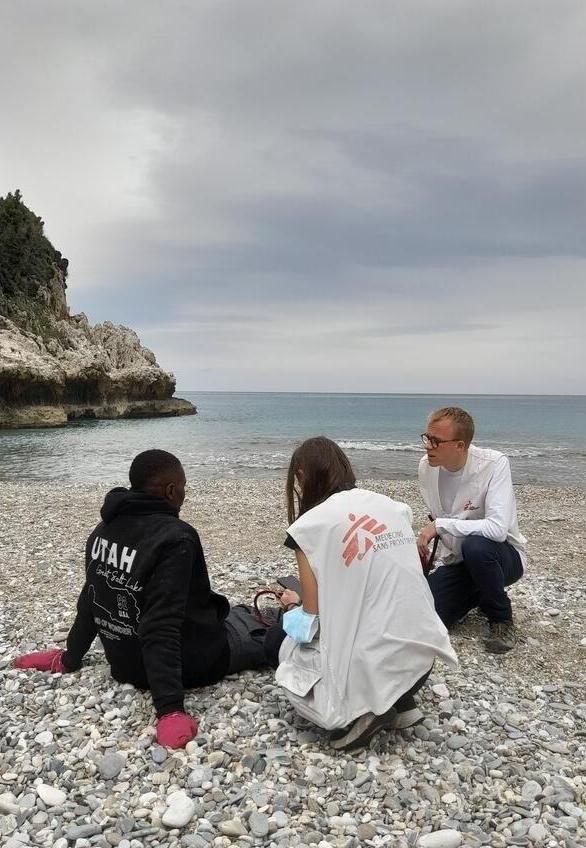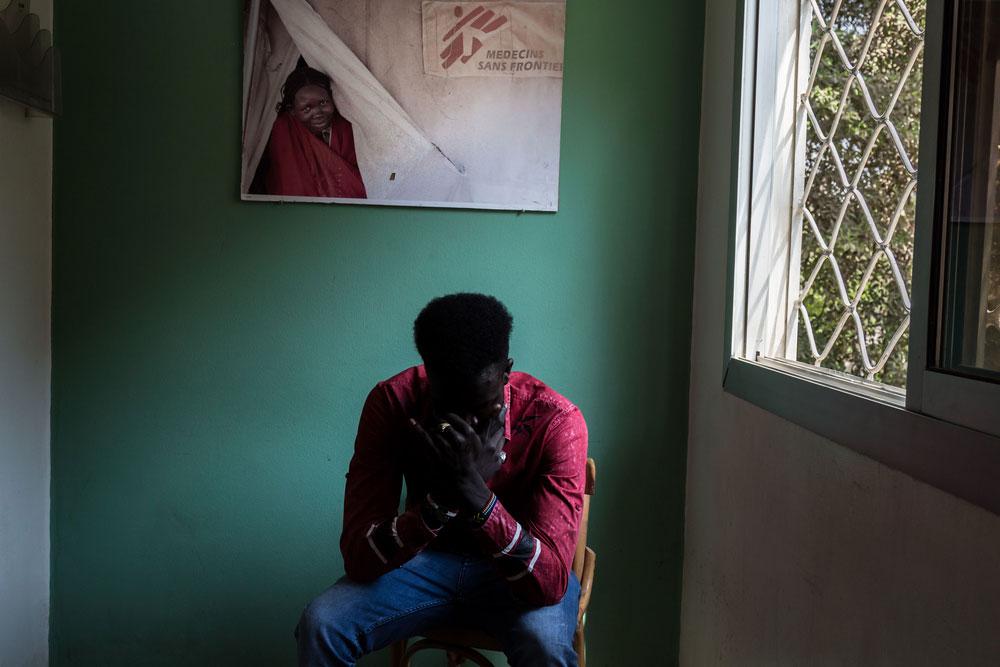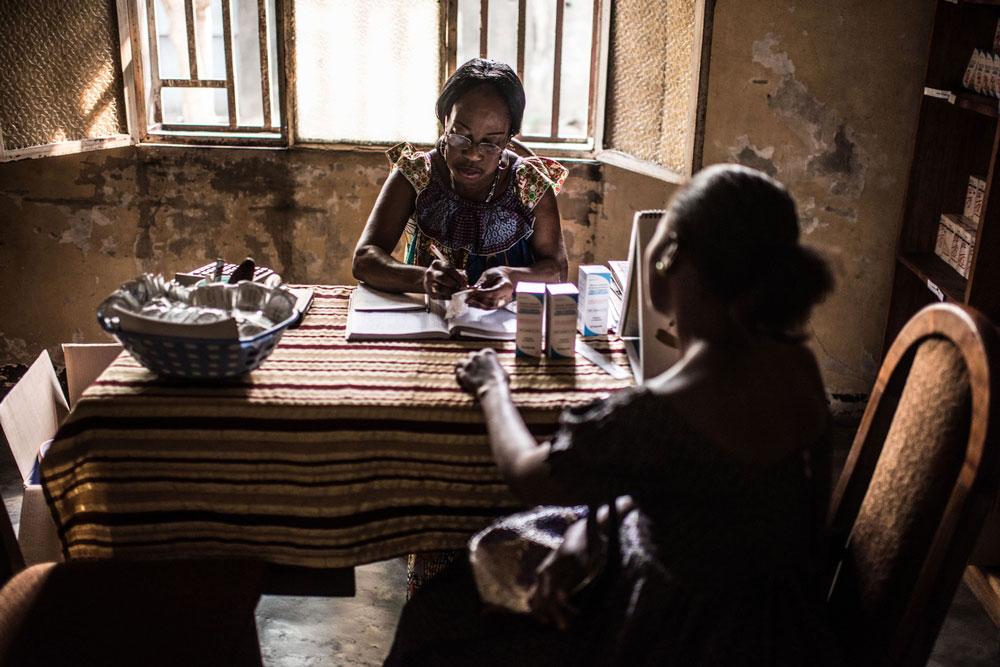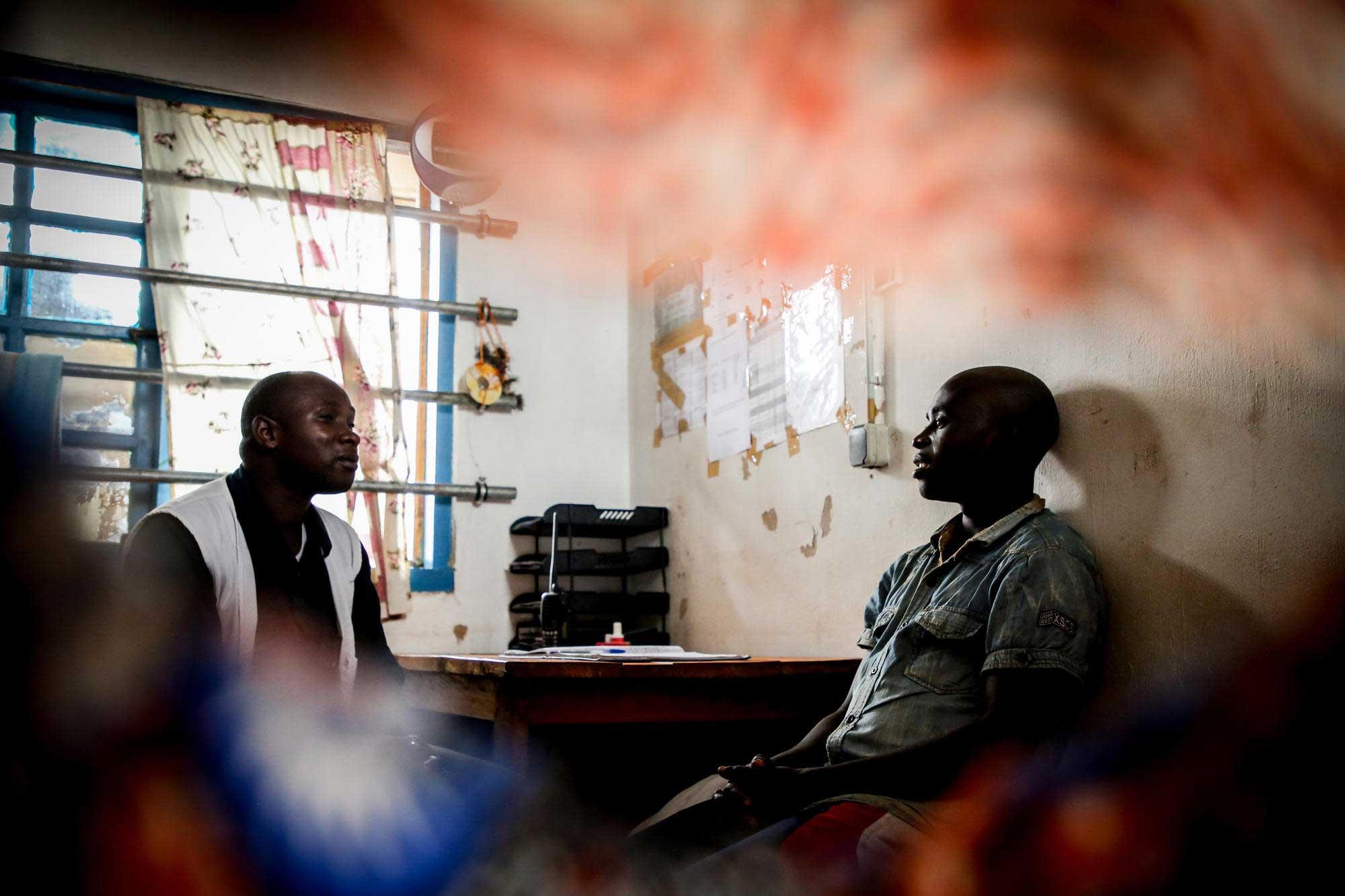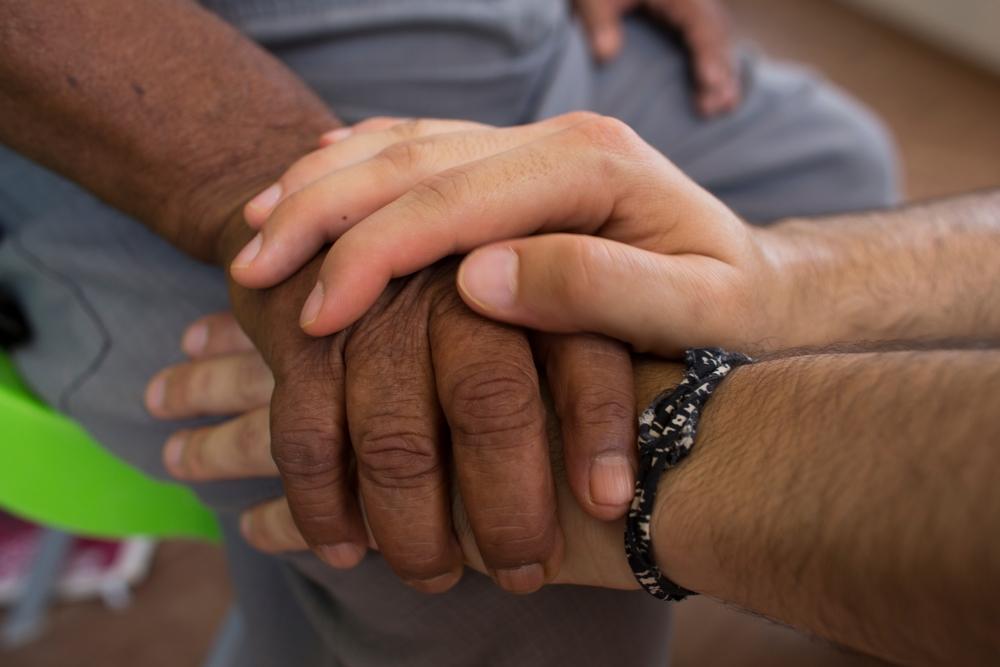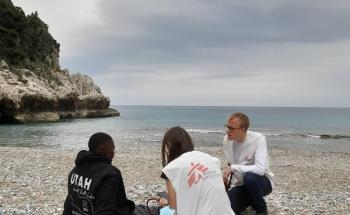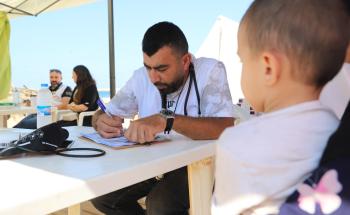
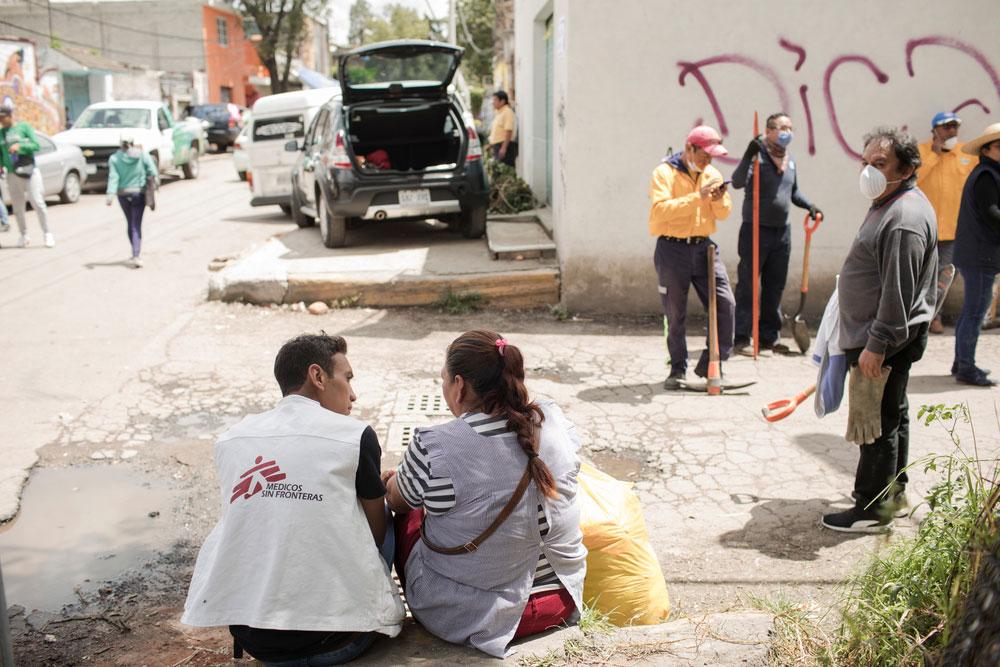
A natural disaster such as an earthquake or man-made disasters related to conflict and displacement, are all traumatic events. Providing psychological aid can help by recognising those in distress, by listening to them, comforting them, linking them to needed services, and encouraging them to connect with their families and communities. Educating people about psychological reactions to a traumatic event and teaching self-help techniques such as deep breathing are helpful interventions immediately post-emergency.
Natural disasters
